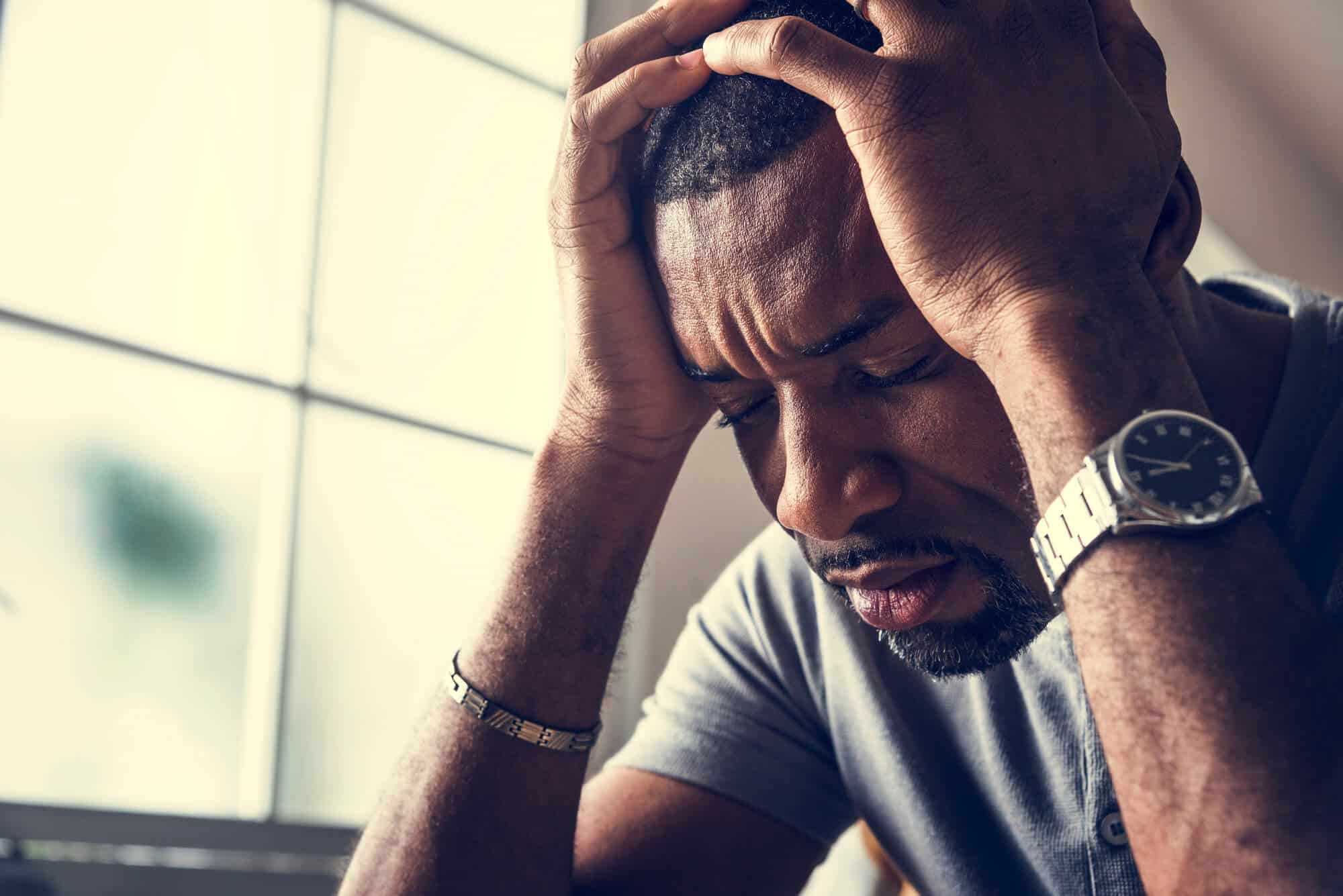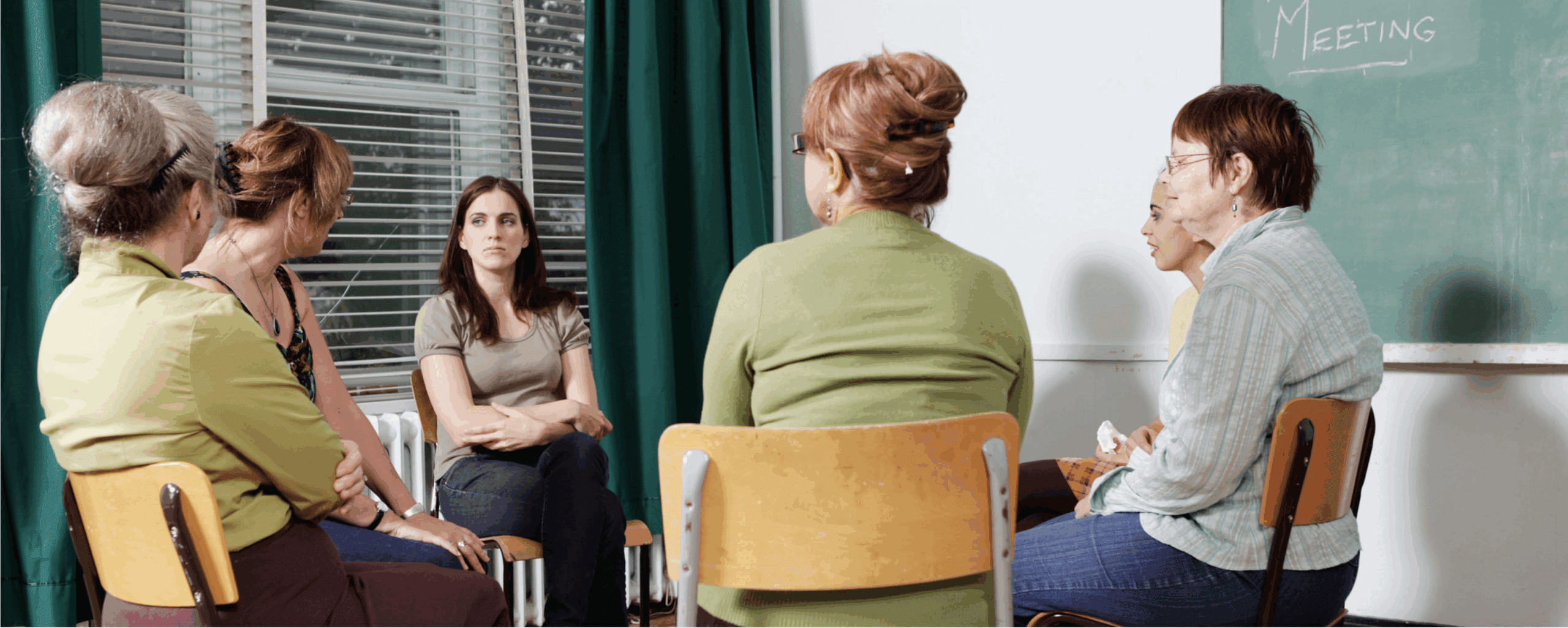Substance use disorders are complex conditions shaped by both physical dependency and deeply rooted emotional patterns. At Vogue Recovery Center, with locations in Las Vegas, Phoenix, and Studio City, California, we believe that true healing starts with understanding the underlying causes of drug and alcohol addiction—especially the internal relapse triggers that often lead to setbacks.
If you or someone you love is struggling with substance abuse, identifying these addiction relapse triggers can make all the difference in building a strong relapse prevention plan and staying on the road to recovery.
What Are Internal Triggers?
Internal triggers are emotional, psychological, and cognitive responses that come from within and often fuel substance cravings. Unlike external relapse triggers—such as seeing drug paraphernalia, walking past a bar, or engaging in risky social situations—internal triggers are typically harder to detect because they arise from your thoughts, feelings, or mental health conditions.
Common Internal Triggers Examples
Some of the most common internal triggers include:
Negative emotions like sadness, anger, guilt, or shame
Feeling angry, lonely, tired, or misunderstood
Mental health conditions such as bipolar disorder, personality disorder, or posttraumatic stress disorder (PTSD)
Persistent stress or anxiety associated with work, finances, or relationships
Cravings triggered by memories associated with past drug or alcohol use
Emotional withdrawal symptoms like depression following alcohol detox
Boredom or lack of purpose
Low self-esteem or internalized stigma
These internal triggers are particularly dangerous because they can silently grow over time, leading to a potential relapse even months or years into recovery.
Internal vs. External Relapse Triggers
While internal triggers originate from your emotional state, external triggers come from your environment. Some external relapse triggers include:
Seeing drugs and alcohol in a party setting
Reconnecting with people who used to enable your substance abuse
Visiting places where you previously used substances
Certain songs, smells, or events that remind you of past use
Major life changes like moving, divorce, or job loss
Both types of addiction triggers can lead to relapse if not properly addressed. However, many people focus solely on avoiding external triggers without addressing the internal emotional struggles that may still be fueling their cravings.
Self-Assessment: Am I Addicted?
"*" indicates required fields
Contact Us
Ready to Get Help? Get in Touch Today.
"*" indicates required fields
Why Internal Triggers Matter in the Recovery Process
If you’re receiving addiction treatment, understanding and managing internal triggers is critical. These emotional cues are often rooted in unresolved trauma, mental illness, or lack of healthy coping mechanisms. Left unexamined, they can undermine your recovery by quietly pushing you toward relapse—even when you’re doing well in avoiding environmental triggers.
At Vogue Recovery Center, our treatment approach includes:
Individual therapy to explore personal emotional patterns
Co-occurring disorder treatment to address both mental health and addiction
Cognitive Behavioral Therapy (CBT) and Dialectical Behavior Therapy (DBT) for emotional regulation
Development of personalized relapse prevention plans
Integration of family programs for a support-based healing environment
Whether you’re battling alcohol addiction, cocaine addiction, or dependency on sleeping pills, addressing your emotional and psychological health is essential for long-term success.
Substance Abuse Treatment That Targets Internal Triggers
Internal triggers are often linked to mental health conditions like depression, PTSD, bipolar disorder, and anxiety, making it crucial to seek substance abuse treatment that offers integrated mental health treatment. This is especially important during the early stages of recovery, when emotional vulnerability is high and physical symptoms from alcohol withdrawal or drug detox can intensify mental stress.
Vogue Recovery Center offers multiple levels of care to help clients manage both internal and external triggers:
Residential treatment (inpatient care) for immersive healing
Outpatient rehab for those who need structure with flexibility
Intensive outpatient program (IOP) for continued care after residential treatment
Step-down programs to transition gradually through the recovery process
Whether you’re comparing inpatient vs. outpatient options or seeking specialized alcohol addiction treatment, our team is here to guide you.
Getting Started: Admissions and Insurance
We know that the admission process and paying for treatment can feel overwhelming. That’s why we offer support every step of the way, from your alcohol assessment to customized treatment planning.
Need help checking insurance coverage? We can help you verify insurance from providers like United Healthcare and more.
Looking to explore an outpatient program close to home? We’ll help you decide the best level of care.
Wondering how to begin alcohol rehab or drug rehab? Call now to verify your insurance and speak to an admissions specialist.
Building a Relapse Prevention Plan That Works
Avoiding potential relapse isn’t just about avoiding certain people or places—it’s about strengthening your response to emotional distress and creating new, positive routines. A solid relapse prevention strategy includes:
Recognizing both internal and external relapse triggers
Building a strong support network
Using healthy coping mechanisms instead of substances
Staying active in therapy and addiction recovery groups
Practicing mindfulness and self-awareness
We help you build a recovery toolbox that not only prevents relapse, but also empowers you to thrive beyond treatment.
You Are Not Alone on the Road to Recovery
Understanding your addiction relapse triggers—especially the internal ones—gives you the power to take control of your future. At Vogue Recovery Center, we provide compassionate, evidence-based care for individuals struggling with drug addiction, alcohol abuse, and co-occurring mental health disorders.
With state-of-the-art facilities in Las Vegas, Phoenix, and Studio City, we’re ready to walk with you every step of the way.
Take the first step toward healing today. Contact us to start your addiction recovery journey and learn how to manage your triggers for good.
Questions about treatment options?
Our admissions team is available 24/7 to listen to your story and help you get started with the next steps.
Vogue Recovery Editorial Staff
Latest posts by Vogue Recovery Editorial Staff (see all)
- Internal Triggers: Examples that Show the Emotional Roots of Addiction - August 5, 2025
- Can You Get Addicted to Muscle Relaxers? - August 5, 2025









